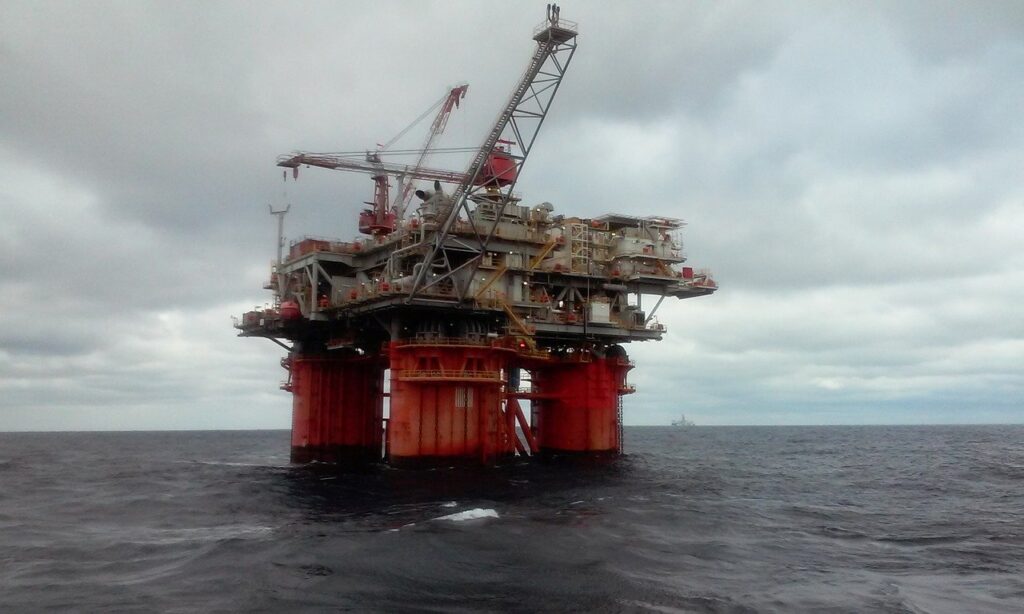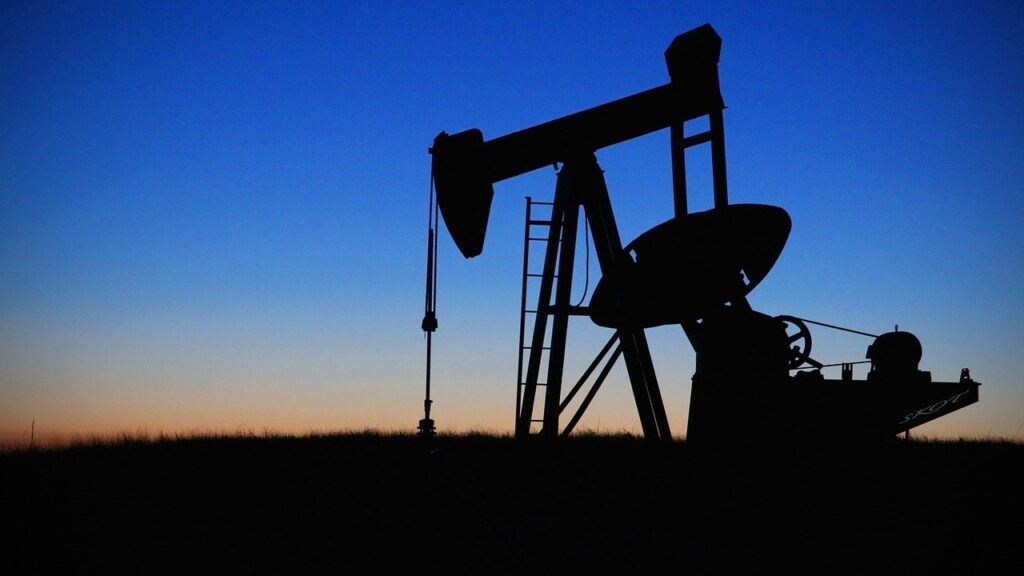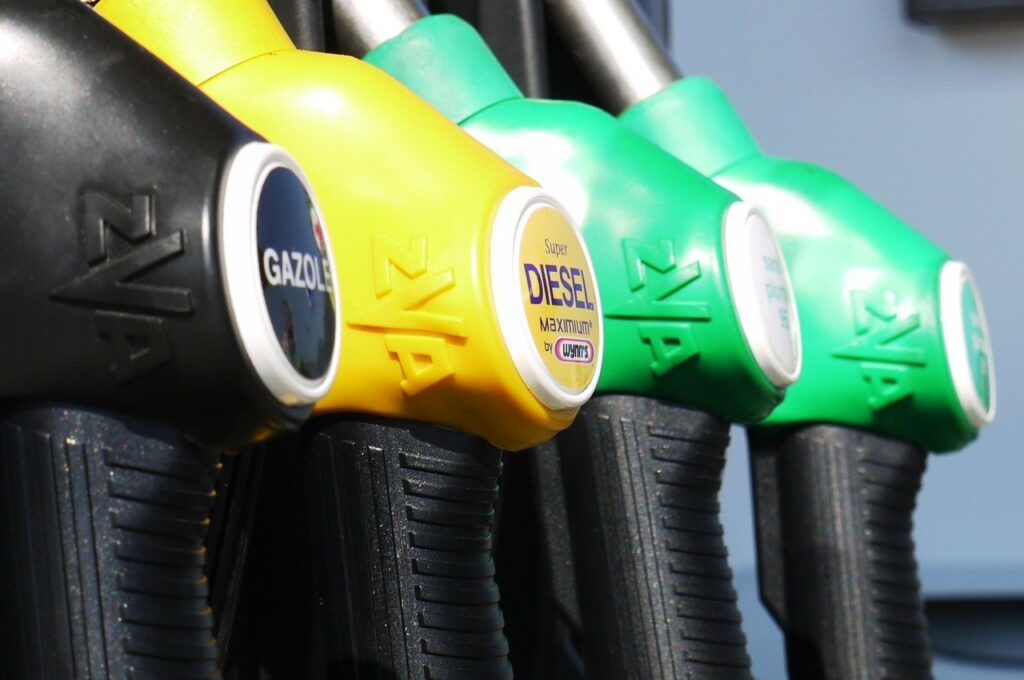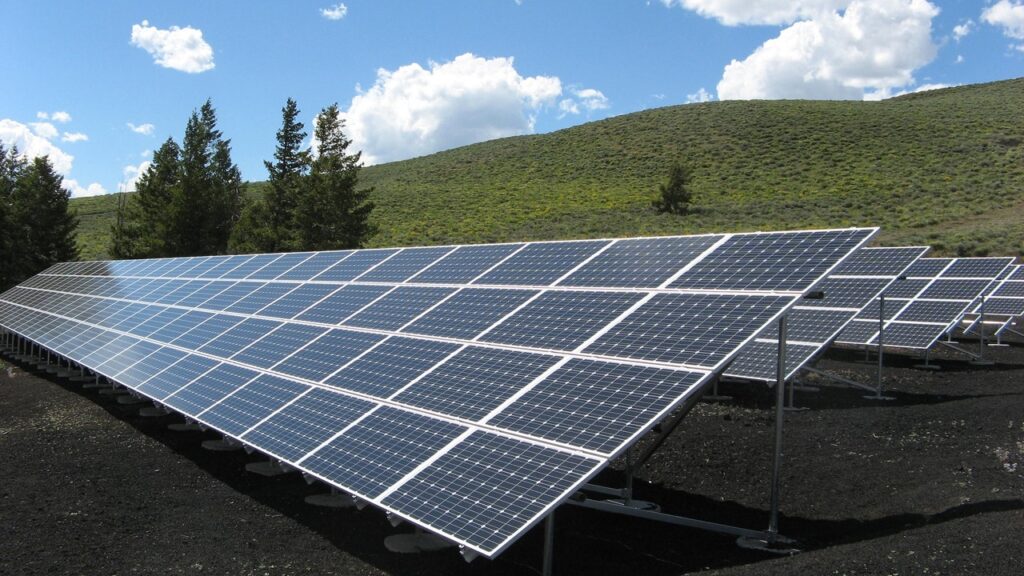What is Petroleum Engineering?
Petroleum engineering is a field of engineering primarily concerned with the production of crude oil and natural gas. It focuses on the exploration, production, and extraction of these energy sources from wells, reservoirs, and other locations where oil or gas is found. This sector of engineering evolved from mining engineering and has developed as the energy needs of the world have changed. Through petroleum engineering, society has discovered alternative sources of energy including heavy oils and tar sands. Petroleum engineering is closely connected to many other engineering fields as well as geology.

Petroleum engineers focus on studying and assessing oil and gas reservoirs to analyze their profitability. They may examine maps of these reservoirs to determine the best and most efficient way to access the energy resources and where to place wells. Their primary goal is to ensure the most economical production from a reservoir, while also adhering to safety and environmental standards. Many petroleum engineers use computer technology to analyze potential production rates and flow of a well.
A bachelor’s degree is typically the minimum requirement to pursue a career as a petroleum engineer. Many individuals choose to get degrees in chemical engineering, petroleum engineering or mechanical engineering. These engineering programs provide students with knowledge and experience through labs, specialized classes, and field study opportunities. A bachelor’s degree in one of these engineering fields will generally take four to five years to complete.
History of Petroleum Engineering
The foundations of petroleum engineering were established during the 1890s in California. There geologists were employed to correlate oil-producing zones and water zones from well to well to prevent extraneous water from entering the oil-producing zones. From this came the recognition of the potential for applying technology to oil field development.
From 1900 to 1920, petroleum engineering focused on drilling problems, such as establishing casing points for water shutoff, designing casing strings, and improving the mechanical operations in drilling and well pumping. In the 1920s, petroleum engineers sought means to improve drilling practices and to improve well design by use of proper tubing sizes, chokes, and packers.
The rapid expansion of the industry during the 1930s revealed the dangers of not monitoring the use of petroleum. In March 1937 a school in New London, Texas, within the East Texas Oil Field, exploded, killing about 300 students and teachers. After World War II, petroleum engineers continued to refine the techniques of reservoir analysis and petrophysics. In 1947 the first commercial well at sea that was out of sight of land was completed in the Gulf of Mexico by the Kerr-McGee oil company.

The outstanding event of the 1950s was development of the offshore oil industry and a whole new technology. Since onshore petroleum engineers had little knowledge of wave heights and wave forces, other engineering disciplines provided expertise, including oceanographers and marine engineers recently discharged from the armed forces.
By the 1970s digital seismology had been introduced, resulting from advances made in computing and recording in the 1960s. Between the 1980s and the end of the 20th century, the steady growth of petroleum engineering was halted by an oil glut that depressed oil prices. This event led to an industry downturn, restructurings of companies, and industry-wide mergers and acquisitions. In the early 21st century, petroleum engineers developed strategies to exploit massive unconventional resource plays such as shale oil, heavy oils, and tar sands.
Petroleum Engineering Education
A bachelor’s degree in petroleum engineering typically takes four years and includes labs, class work, and field work. The program normally requires basic sciences such as calculus, chemistry, differential equations and physics. Courses in petroleum engineering subjects cover topics such as rock properties, computer applications, introduction to petroleum engineering, natural gas engineering and well construction.
Some engineering schools offer a combined bachelor’s and master’s degree program in five years, while others have a six-year program that also incorporates work experience. Petroleum engineers who complete a master’s degree may qualify for jobs in research or university teaching.
All states require self-employed engineers to be licensed, but a license may be optional if you work under a licensed engineer. Requirements vary, but state boards usually require a minimum of a bachelor’s degree in engineering from a school accredited by the Accreditation Board for Engineering and Technology (ABET). You must also pass the preliminary Fundamentals of Engineering (FE) exam and complete at least four years of qualifying work. Finally, you must pass the Principles and Practice of Engineering (PE) examination. In some states, you need continuing education to keep your license.

Petroleum engineers can obtain optional certification from the Society of Petroleum Engineers (SPE). The education, work and testing requirements parallel those for state licensing. However, you must also join the society and take 16 hours of professional education per year to be certified.
Petroleum Engineering Careers
Petroleum engineers generally work in offices or at drilling and well sites. Travel is frequently required to visit these sites or to meet with other engineers, oilfield workers, and customers.
Large oil and gas companies maintain operations around the world; therefore, petroleum engineers sometimes work in other countries. Petroleum engineers also must be able to work with people from a wide variety of backgrounds, including other types of engineers, scientists, and oil and gas field workers.
Petroleum engineers typically work full time. However, about 1 in 3 worked more than 40 hours a week in 2016. Overtime may be necessary when traveling to and from drilling sites to help in their operation or respond to problems when they arise.
Jobs
Employment of petroleum engineers is projected to grow 15 percent from 2016 to 2026, much faster than the average for all occupations according to the BLS. However, because it is a small occupation, the fast growth will result in only about 4,900 new jobs over the 10-year period.
Oil prices will be a major determinant of employment growth. Because many petroleum engineers work in oil and gas extraction, any changes in oil prices will likely affect employment levels. Higher prices can cause oil and gas companies to increase capital investment in new facilities and expand existing production operations. Typically, companies also expand exploration for new reserves of oil and gas when prices are high.
Demand for petroleum engineers in support activities for mining also should be strong, as large oil and gas companies find it convenient and cost effective to contract production and drilling work to these firms on an as-needed basis.

Salaries
An entry-level petroleum engineer with less than 1 year experience can expect to earn an average total compensation (includes tips, bonus, and overtime pay) of $84,016. An early career petroleum engineer with 1-4 years of experience earns an average total compensation of $95,362. A mid-career petroleum engineer with 5-9 years of experience earns an average total compensation of $116,173. An experienced petroleum engineer with 10-19 years of experience earns an average total compensation of $129,774. In their late career (20 years and higher), petroleum engineers earn an average total compensation of $154,056 according to Payscale.com.
The top responding companies for petroleum engineers are from Chevron Corporation, Shell Oil Company and Halliburton Energy Services. Reported salaries are highest at Shell Oil Company where the average pay is $165,000. Other companies that offer high salaries for this role include Chevron Corporation and ExxonMobil Corporation, earning around $129,530 and $121,582, respectively. Halliburton Co pays the lowest at around $61,445. Halliburton Energy Services and TransCanada Pipelines Limited also pay on the lower end of the scale, paying $98,264 and $120,000, respectively.
What Do Petroleum Engineers Do?
The job duties of most petroleum engineers revolve around the production of oil and gas. When a new reservoir is located, petroleum engineers analyze it to determine whether it can be exploited. Then they create a drilling and extraction plan to pump out the oil or gas with as little cost as possible. Often, reservoirs have internal divisions, and the engineer must find the most efficient way to drill through those walls so the oil will flow freely to a single well. With shale oil, engineers calculate how to fracture the shale beds most efficiently to free the gas or oil and extract it.
Responsibilities
Job responsibilities of a petroleum engineer include:
- analyzing geological data
- ascertaining extraction risks, such as the area’s potential for earthquakes
- developing oilfield production programs
- interpreting well-logging results (records of the geological formations penetrated by boreholes) to ascertain resource potential
- monitoring and evaluating reservoir performance
- planning and supervising extraction sites
- preparing reports and maps
- selecting and maintaining equipment
Skills
Some important skills for petroleum engineers are as follows:
Analytical skills – Petroleum engineers must be able to compile and make sense of large amounts of technical information and data in order to ensure that facilities operate safely and effectively.
Creativity – Each new drill site is unique and therefore presents new challenges, petroleum engineers must be able to come up with creative designs to extract oil and gas.
Interpersonal skills – Petroleum engineers must work with others on projects that require highly complex equipment, machinery, and infrastructure. Communicating and working well with other engineers and oil and gas workers is crucial to ensuring that projects meet customer needs and run safely and efficiently.
Math skills – Petroleum engineers use the principles of calculus and other advanced topics in math for analysis, design, and troubleshooting in their work.
Problem-solving skills – Identifying problems in drilling plans is critical for petroleum engineers because these problems can be costly. Petroleum engineers must be careful not to overlook any potential issues and must quickly address those which do occur.
Future of Petroleum Engineering
Renewable energy can be integrated into some conventional petroleum engineering activities such as the use of solar energy for thermally enhanced-oil recovery and the application of its skill sets to advance the body of knowledge in geothermal engineering.
Nonetheless, there is an increasing drive to shift towards renewable energy being an energy source that is ‘inexhaustible’, while decreasing the intensity of anthropogenic greenhouse gases as well as mitigating other negative environmental impacts of hydrocarbon field development. However, this shift is a threat to the upstream sector of the petroleum industry, specifically to petroleum engineering, given its potential to lower hydrocarbon demand while raising carbon taxes of oil and gas companies.

The future of petroleum engineering is considered promising, though it needs to continuously re-invent itself. The reality is that it contributes not only to energy production, but many aspects of daily life. Compared to petroleum derivatives, the alternative products are yet to attain sufficient maturity for sustained large-scale utilization. In principle, the breadth and depth of challenges that renewable energy faces suggest that the world’s dependence on petroleum engineering is not likely to shift dramatically in the next couple of decades.
If you have anything to add, please feel free to leave a comment down below, and sign up to our newsletter for more of the same content!



